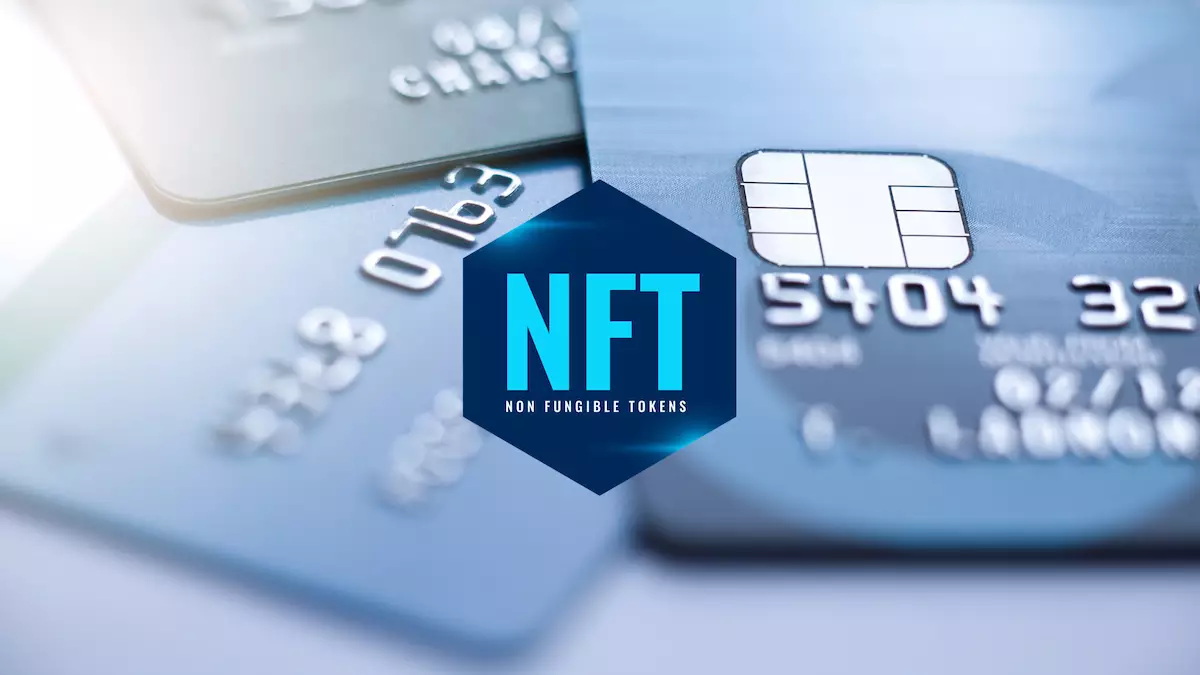In a world where digital assets have the potential to become the norm, South Korea’s BC Card is leading the way by applying for two domestic patents to utilize non-fungible tokens (NFTs) in the trading of used luxury goods. While NFTs are commonly associated with art and collectibles, BC Card is expanding their application to address real-world challenges in consumer transactions.
Transforming Conventional Receipts into NFTs
BC Card is revolutionizing the way receipts are handled by transforming them into NFTs. Instead of a traditional paper receipt, users can upload a picture or file of the receipt to Paybooc, BC Card’s proprietary payment app. The app then automatically saves a photo of the receipt as an NFT on the blockchain.
This innovative approach introduces a new level of security and convenience. Unlike traditional receipts, which can be easily lost or tampered with, blockchain-based NFT receipts are immutable and secure. BC Card’s solution eliminates the risk of counterfeiting and provides a level of trust for both buyers and sellers in the resale market.
The patented technology developed by BC Card acts as a “digital guarantee” for buyers and sellers of secondhand high-end items such as luxury bags, watches, and limited edition sneakers. With the surge in transactions in the used goods market, a reliable digital guarantee becomes indispensable.
This digital guarantee provides assurance to buyers that the product they are purchasing is genuine and in the condition advertised. For sellers, it adds a layer of credibility to their listings, increasing customer trust and facilitating smoother transactions in the resale market.
The resale market for retail goods in South Korea is experiencing significant growth, fueled by both established retail companies and technology-driven platforms. The luxury sector, in particular, has seen a rise in demand for pre-owned items due to economic pressures like inflation.
BC Card’s NFT solution aligns perfectly with this trend, offering a secure and reliable way to verify the authenticity and condition of secondhand luxury goods. As more and more consumers turn to the resale market, the digital guarantee provided by BC Card’s NFT receipts becomes an invaluable tool.
In addition to its benefits for buyers and sellers, BC Card plans to leverage the payment receipt data stored in NFTs for hyper-personalized marketing strategies. By utilizing artificial intelligence to analyze consumer consumption patterns, BC Card aims to offer tailored marketing campaigns and personalized offers to its customers.
This innovative use of NFTs showcases the versatility of this technology beyond purely transactional purposes. By combining the power of blockchain and AI, BC Card is at the forefront of creating value-added services that provide a seamless customer experience.
The Evolving Potential of NFTs
BC Card’s initiative is a testament to the evolving potential of NFT technology. While initially associated with art and rare collectibles, NFTs are now finding practical applications in various industries. By digitizing payment receipts as NFTs, BC Card is not only keeping pace with technological advancements but also solving a specific issue in the used luxury goods market.
As NFTs continue to evolve, we can expect further innovations that push the boundaries and showcase the potential utility of blockchain technology in our daily lives. BC Card’s groundbreaking approach serves as a glimpse into the transformative power of NFTs and sets the stage for future developments in the digital asset landscape.

